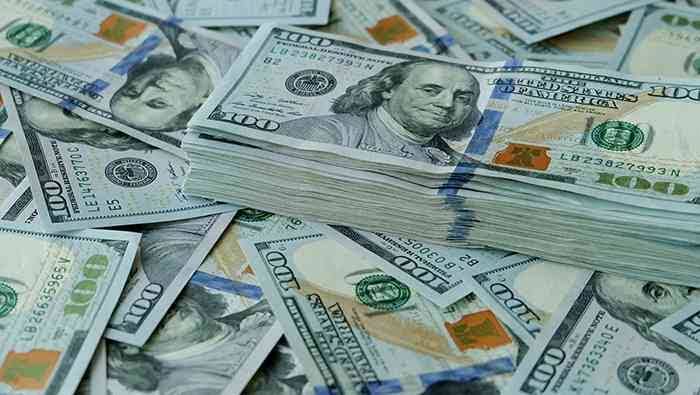
Nigeria’s Net Foreign Exchange Reserve (NFER) reached $23.11 billion by the end of 2024, its highest level in over three years. This growth reflects improved external liquidity, lower short-term obligations, and renewed investor confidence.
According to the Central Bank of Nigeria (CBN), the reserve surged from $3.99 billion in 2023, $8.19 billion in 2022, and $14.59 billion in 2021.
NFER adjusts gross reserves by accounting for near-term liabilities such as FX swaps and forward contracts, making it a more accurate measure of available foreign exchange buffers.
Gross external reserves also rose to $40.19 billion from $33.22 billion at the end of 2023.
The increase follows strategic CBN measures, including a significant reduction in short-term FX liabilities like swaps and forward contracts. Additionally, policy actions to restore confidence in the FX market, strengthen reserves, and boost foreign exchange inflows—especially from non-oil sources—contributed to the growth.
As a result, Nigeria now has a stronger, more transparent reserve position, enhancing its ability to withstand external shocks, even as the CBN continues to reduce short-term liabilities and improve reserve quality.








